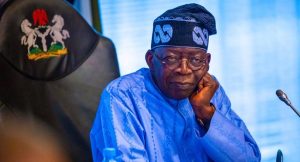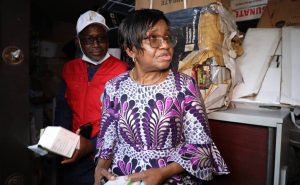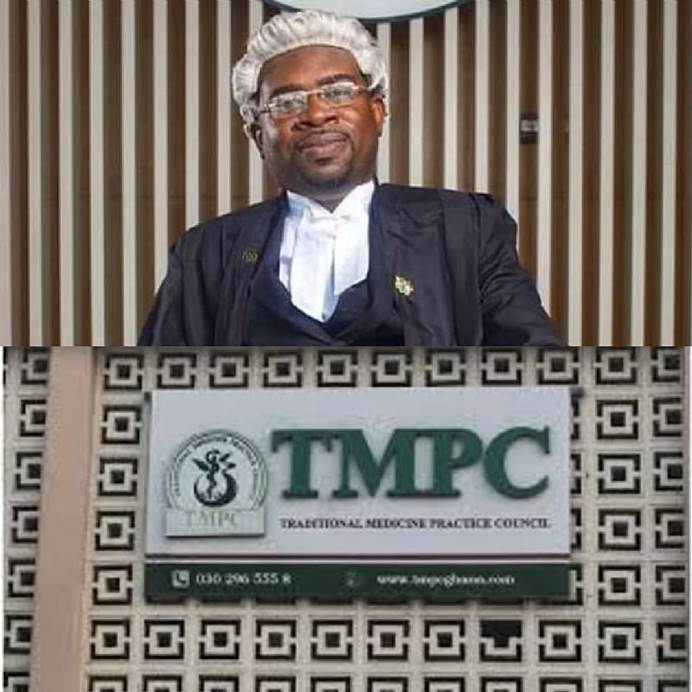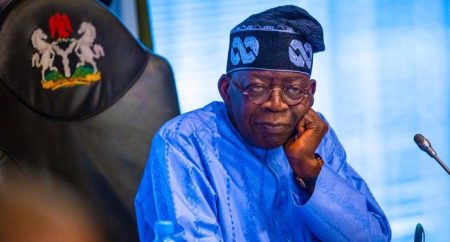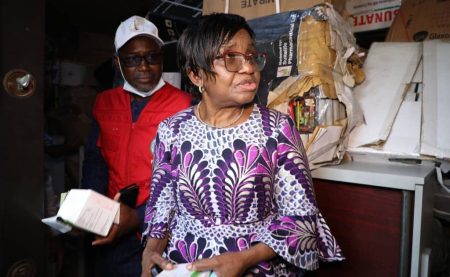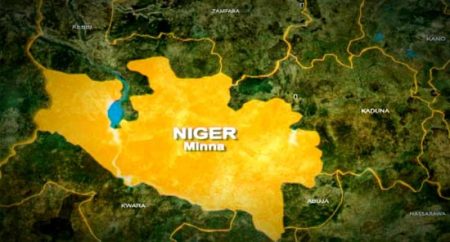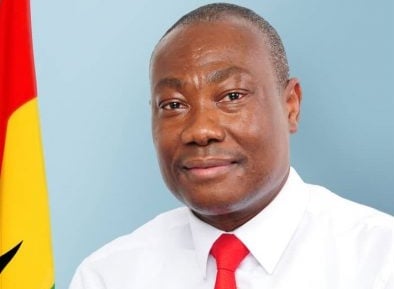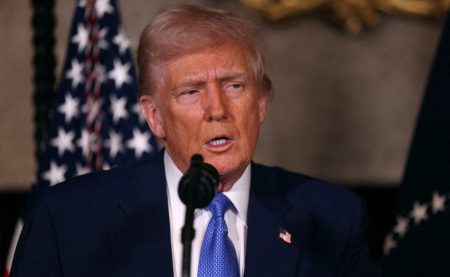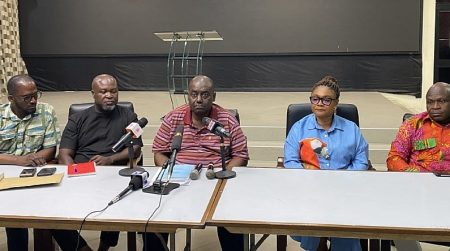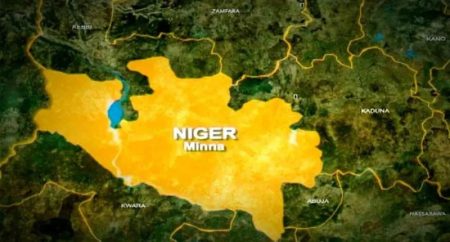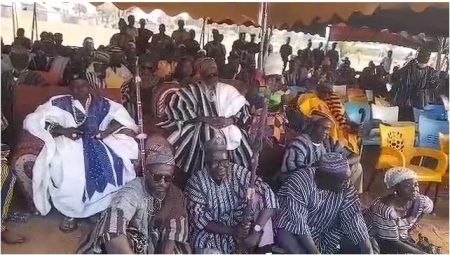Professor Raphael Nyarkotey Obu, a prominent naturopathic expert and lawyer in Ghana, refutes allegations made by the Traditional Medicine Practice Council (TMPC) regarding his practice and advocacy work. The TMPC alleges that Prof. Nyarkotey is operating outside their regulatory authority and has petitioned for his arrest. Prof. Nyarkotey contends that the TMPC’s actions are based on a misinterpretation of the Traditional Medicine Practice Act 575 and represent a resistance to necessary legal reforms within the alternative medicine sector. He underscores his commitment to upholding the rule of law and advocating for a clear and just regulatory framework for alternative medicine in Ghana.
Prof. Nyarkotey emphasizes the importance of legal training in addressing complex national and global challenges, drawing from his experience at the Gambia Law School. He highlights the lawyer’s role in upholding the rule of law, ensuring due process, and applying legal principles to complex situations. He further stresses the critical thinking skills fostered by legal training, which equip individuals to analyze, dissect, and reconstruct legal arguments – skills he believes are crucial in his advocacy work. These legal principles guide his efforts to challenge the TMPC’s jurisdiction over alternative medicine, a field he argues is distinct from traditional medicine and therefore falls outside the TMPC’s mandate as defined by Act 575.
The core of Prof. Nyarkotey’s argument rests on the distinction between traditional and alternative medicine. He asserts that the TMPC, established to regulate traditional medicine, is overstepping its boundaries by attempting to control the practice of alternative medicine. He points to a 2010 letter from the Attorney General clarifying that Act 575 does not apply to alternative medicine, yet the TMPC persists in its attempts to regulate practitioners and institutions like Prof. Nyarkotey’s Nyarkotey University College of Holistic Medicine and Technology (NUCHMT). He details his initial registration with the TMPC, followed by his subsequent refusal to renew the accreditation after recognizing the legal misinterpretation through his legal training. This dispute is currently being litigated in the High Court.
Prof. Nyarkotey’s advocacy extends beyond Ghana’s borders. His work in the Gambia included petitioning the Health Minister to consider legislation for traditional and alternative medicine, culminating in a national roundtable discussion. His efforts contributed to hospital-based clinical training for naturopathic students and fostered recognition for Gambian naturopaths, culminating in a historic meeting with President Adama Barrow. He also founded the Gambia Society of Naturopathy to protect practitioners’ rights. In Togo, his training programs for food supplement distributors led to the establishment of the Association Togolaise de Naturopathie et Médecine Holistique (ATNMH). These international experiences underscore his commitment to advancing the field of alternative medicine through education, advocacy, and the establishment of professional organizations.
Prof. Nyarkotey views the TMPC’s petition for his arrest as an act of intimidation intended to silence his advocacy for regulatory reform. He maintains that regulatory bodies should operate within their legal mandates and refrain from using coercive tactics against professionals who challenge their authority. He argues that the TMPC’s actions, rather than demonstrating genuine regulatory concern, reflect a resistance to adapting to the evolving landscape of alternative medicine, where practitioners are increasingly educated and aware of their rights.
Prof. Nyarkotey concludes by reaffirming his commitment to promoting a legally sound framework for alternative medicine in Ghana. He calls for respect for the ongoing judicial process regarding the dispute with the TMPC and emphasizes the need for collaboration between practitioners and authorities to develop regulations that protect both professionals and the public. He believes that his combined expertise in naturopathy and law positions him uniquely to contribute to the development of a regulatory system that allows for the responsible and ethical practice of alternative medicine. His ultimate goal is to ensure that alternative medicine in Ghana operates within a clear, just, and legally defined framework.


